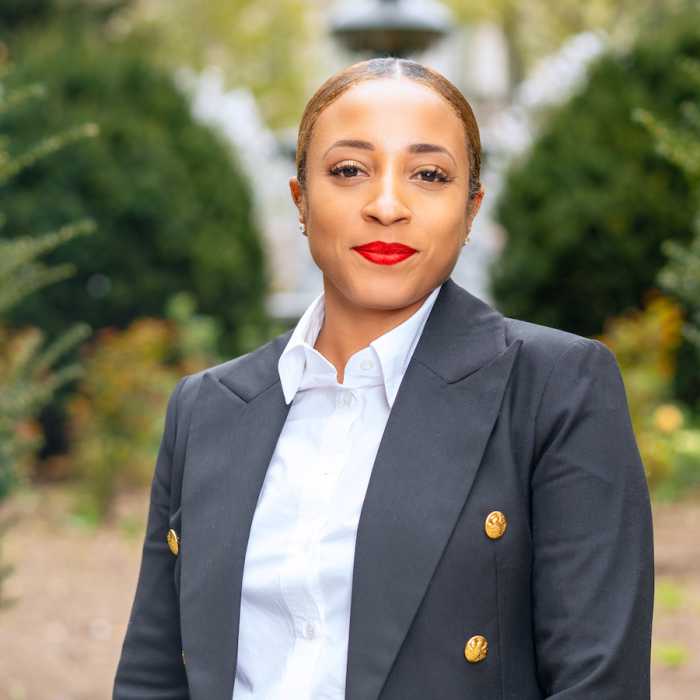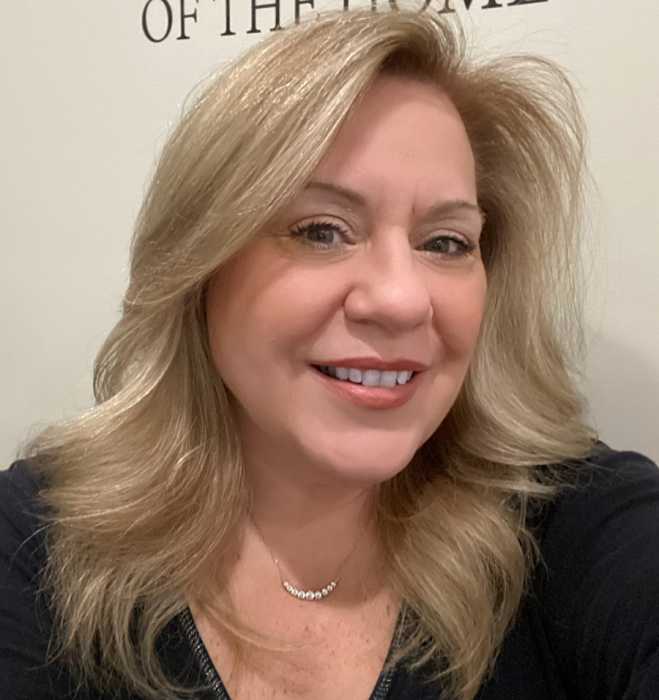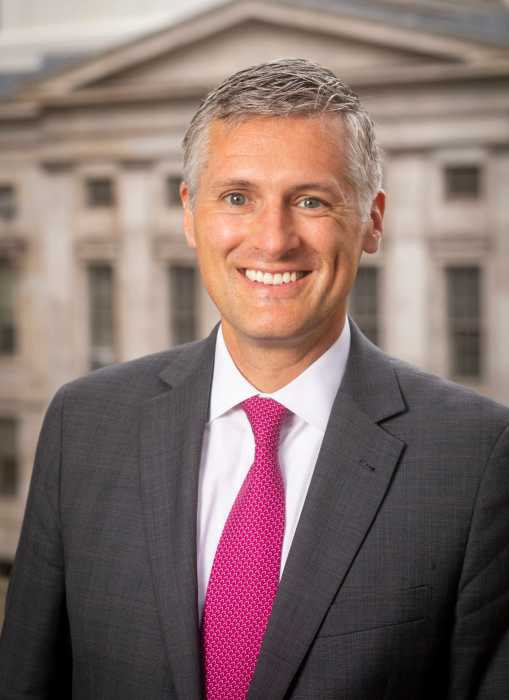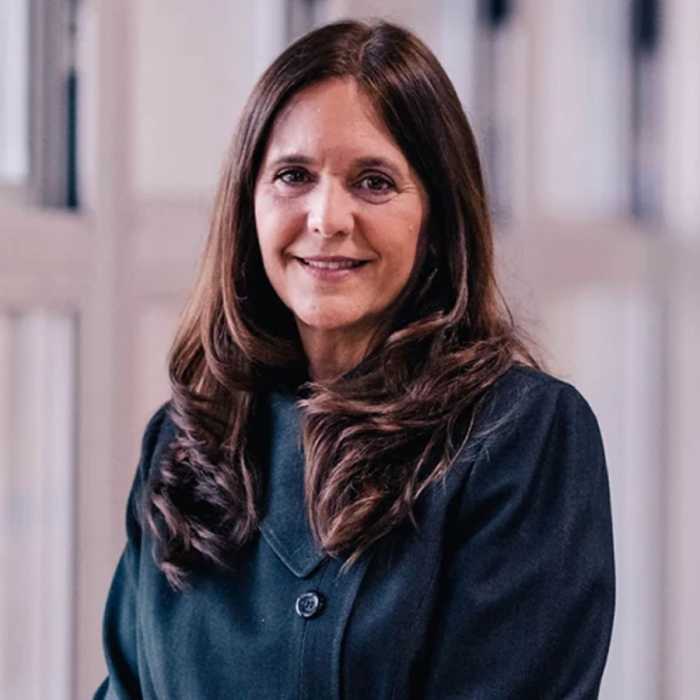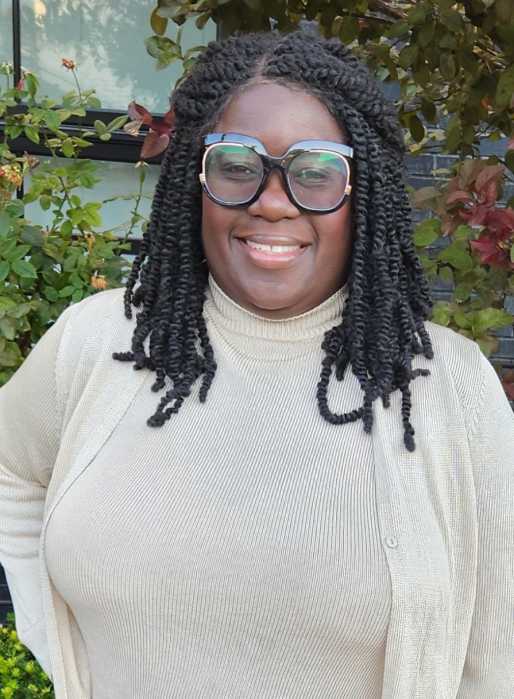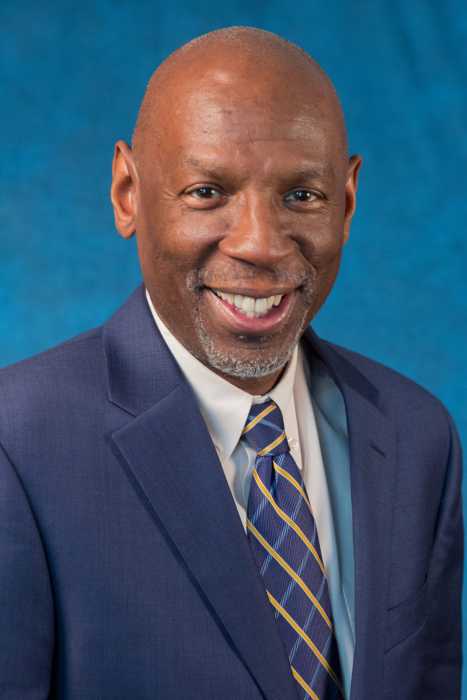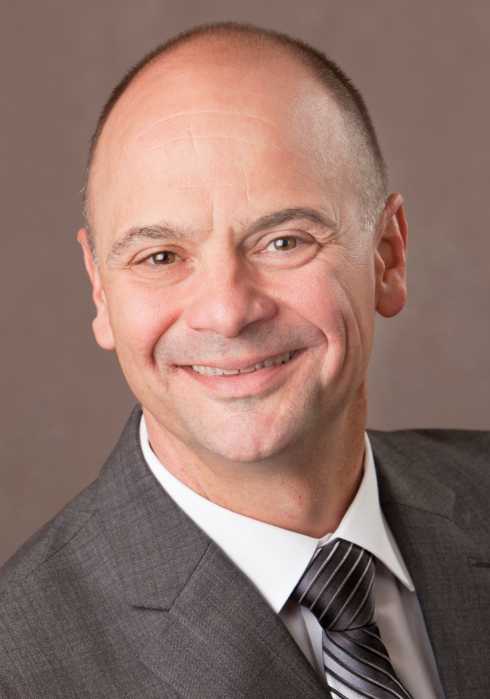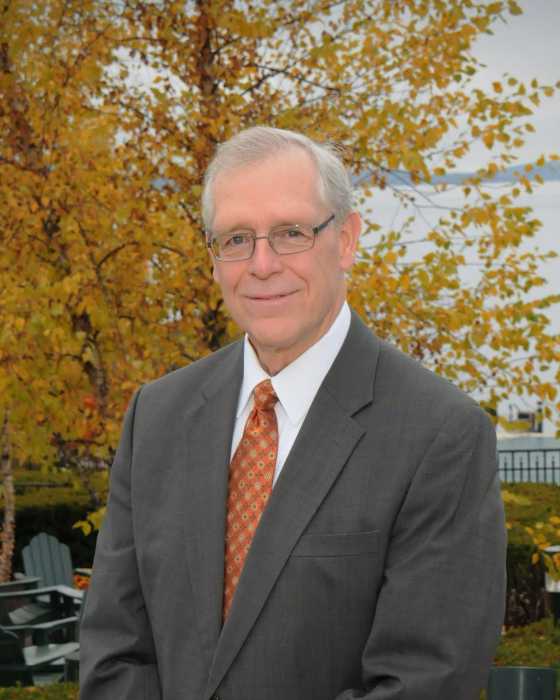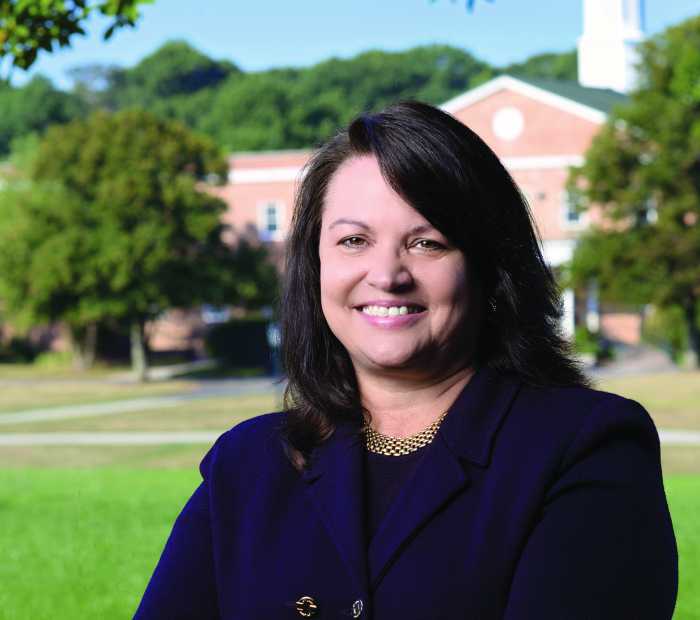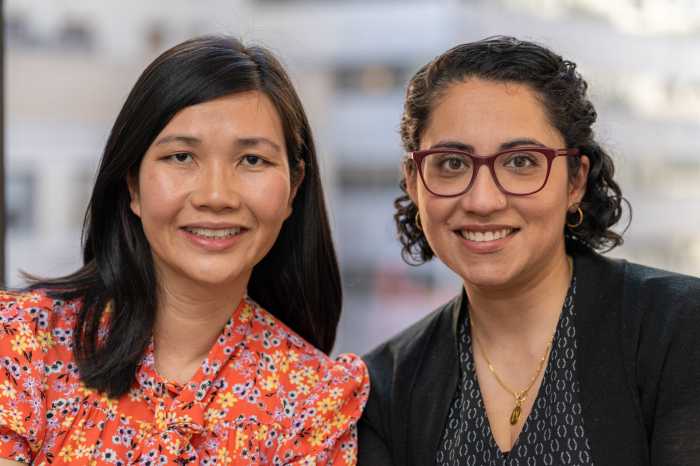Vanessa Leung (left) and Anita Gundanna (right)
Vanessa Leung (left) and Anita Gundanna (right)
Anita Gundanna and Vanessa Leung, Co-Executive Directors
Anita Gundanna joined CACF as co-executive director in April 2017. She has worked throughout her career to prevent and address violence against women and children, and to promote healthy families, primarily in minority and immigrant communities of New York City. Prior to her return to the Coalition for Asian American Children and Families, Anita worked as a consultant with a number of small and growing community-based nonprofit organizations mostly serving Asian American and immigrant communities.
Vanessa Leung joined CACF as co-executive director in April 2017. She has served the education community through her career, advocating on behalf of AAPI students and English language learners in New York City’s schools. She was appointed by Mayor Bill de Blasio to the Panel for Educational Policy and served as chair of the PEP for eight years from January 2014 to December 2021. She currently also sits on the Advisory Panel for the Brooke Astor Fund for New York City Education.
What can New York policymakers do to ensure equitable access to quality education?
Anita: We have to look at the effect of our educational policies on those students who are the most marginalized in our system. By looking at the impact of policy on those who have had the least educational access, we can move towards a more equitable place of ‘how do we ensure access to challenging coursework that actually speaks to where students are.’
Vanessa: One way to do that is through the actual curriculum we teach. We should ensure that young people have access to curricula that are reflective of the diversity of the student population in our school system. We need to invest in culturally responsive, sustaining education that provides the tools for our young people to see themselves reflected and allows them to build connections across communities. That’s one reason it’s been incredible working on the Hidden Voices curriculum — which is NYC’s new AAPI curriculum — as well as the statewide push to integrate an AAPI curriculum into the existing social studies curriculum.
What conditions or resources are conducive to a safe and effective learning environment?
Anita: I have so many friends of mine who are moms right now, who grew up in the same generation as I did, who view the fact that they did not have to send their children into school for a while because of the pandemic as a blessing in disguise. And that is because for a lot of children of color, school can be a very traumatic place. We need to create schools where students and families of all backgrounds feel seen and heard, especially those from immigrant and limited English proficiency backgrounds.
Vanessa: It all starts with our educators. About 20 percent of English language learners in our schools speak Asian languages at home. We need educators that actually understand our diverse communities, and are equipped with the tools to help, identify, and support student needs. They also need to be able to connect students and families to external resources for students and families, particularly when it comes to ensuring language access and support for immigrant families and those with limited English proficiency. The lack of multilingual support creates real challenges.
Describe a learning experience from your own education that stands out.
Anita: Growing up, I remember noticing the effects of tracking students from a very early age. I was one of the only Indian kids in the school and I was often the only child of color in my class because everyone else was tracked elsewhere. So all of the Black students in particular were kept away from us. It was startling and it showed clearly how segregation in our schools is still a very real thing.
Vanessa: I always think back to my experience taking AP U.S. History. If I took my understanding of history from that class alone, it would be all about white people in colonial America. I can’t even remember covering the Civil War. We did briefly touch on the Chinese workers who built the Transcontinental Railroad, but that was it in terms of Asian American history. Experiences like that show why NYC’s new Hidden Voices curriculum and the statewide push for an AAPI curriculum are so important. It’s not just about the academic content. All students need a good and strong sense of their identities and histories.


